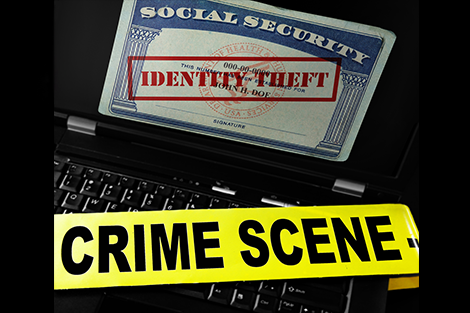Overview
About Programme
Computers and other electronic media are being increasingly used to commit crimes. Hence they serve as potential evidence of crimes and provide information on suspects and victims irrespective of their geography. Electronic evidence can be found on pen drives, smartphones, hard disks, etc., and can be hidden in images, videos, encrypted files, etc. It can even be altered, damaged, or destroyed easily from improper handling or examination. This warrants the need to preserve such evidence with utmost care. This programme will explore the legal and practical issues affected by online criminal conduct and the successful acquisition of electronic evidence. The programme is designed to empower attendees who may be involved with the investigation, litigation and/or risk management of cyber and computer-related crime with practical skills that will equip them to understand the basics of the governing legalities and technicalities.
A case study approach will be used to foster a practical, instead of only a theoretical approach to learning. The aim of this programme is to give all attendees a clear picture of the nature of cybercrimes and how to investigate such crimes with new technology and procedures. Since new cybercrimes arise by a leap of development of telecommunication and information technologies, investigators must face such challenges with creative reasoning and technical skills.







